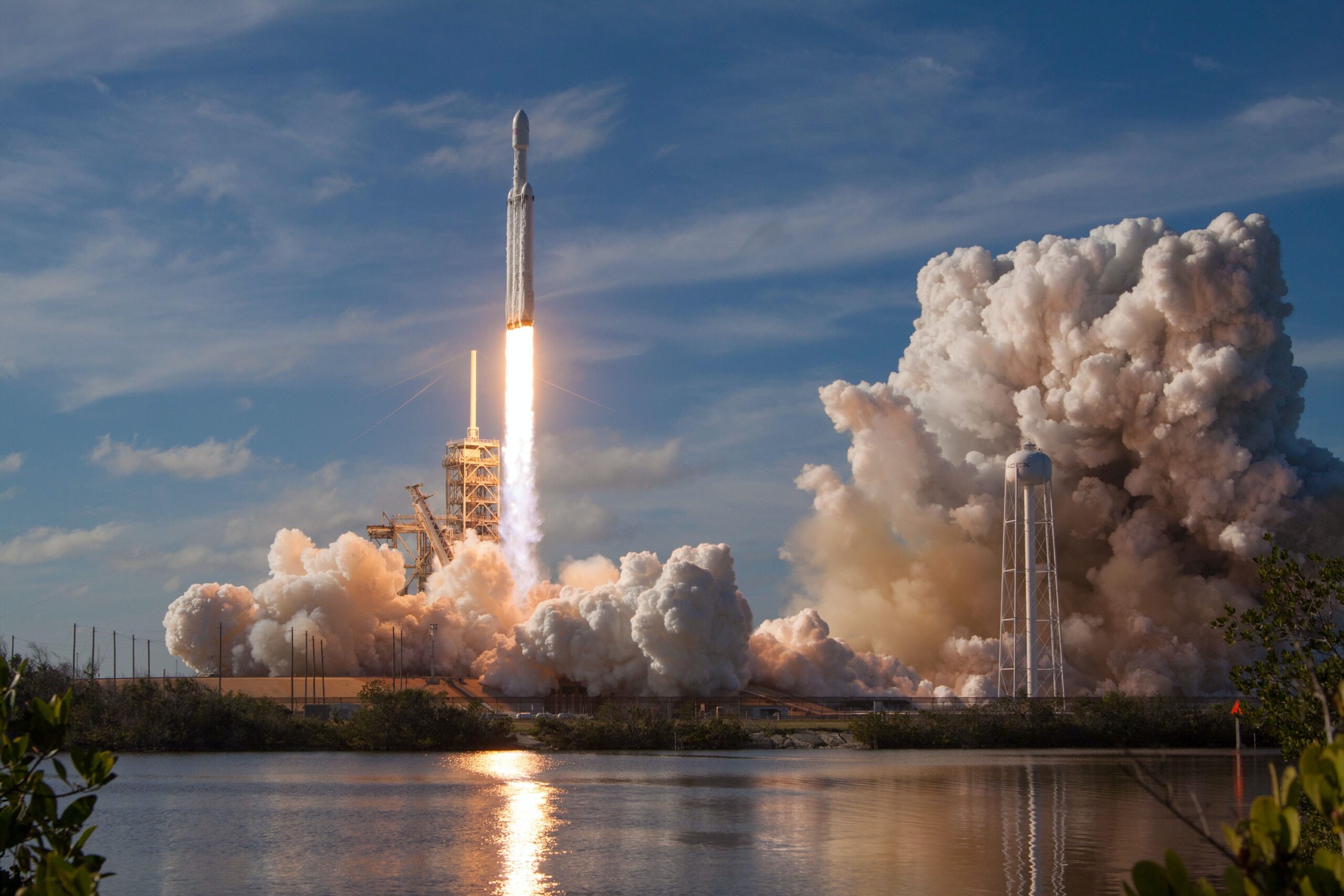
The Role of Space Stations in Advancing Space Exploration
Introduction
Space exploration has always captivated the human imagination. The idea of venturing beyond our planet and discovering the mysteries of the universe is both awe-inspiring and humbling. One of the most crucial elements in this quest for knowledge is the presence of space stations. These orbiting laboratories play a vital role in advancing space exploration, enabling scientists and astronauts to conduct groundbreaking research and push the boundaries of human knowledge.
What is a Space Station?
A space station is a huge rocket that fills in as a home and working environment for space travelers in space. It is intended to stay in space for a lengthy period, giving a steady and livable climate for logical exploration, mechanical turn of events, and global collaboration. The most notable space station is the Global Space Station (ISS), a cooperative exertion between NASA, Roscosmos, and other worldwide accomplices.
Progressing Logical Exploration
Space stations serve as invaluable platforms for conducting scientific experiments in a microgravity environment. The absence of Earth’s gravity allows researchers to explore phenomena that are impossible to replicate on our planet. Scientists can study the effects of microgravity on various materials, biological processes, and even the human body. This research has far-reaching implications, from improving our understanding of fundamental physics to developing new medical treatments and technologies.
One such model is the investigation of bone misfortune in space. Space travelers experience a fast decrease in bone thickness during long-length space missions, like the impacts of osteoporosis in more established grown-ups. By concentrating on this peculiarity on the ISS, researchers desire to acquire bits of knowledge into bone wellbeing and foster countermeasures to forestall bone misfortune in the two space explorers and everybody.
Technological Development
Space stations are also instrumental in driving technological advancements. The challenges of living and working in space require innovative solutions that often have spin-off benefits for life on Earth. From advanced life support systems to improved communication technologies, the development of these technologies for space application has led to countless innovations that benefit society as a whole.
For example, the water refinement frameworks utilized on the ISS have been adjusted for use in remote and underserved regions, giving clean drinking water to networks out of luck. Likewise, the progressions in lightweight materials and energy-productive frameworks created for space stations have tracked down applications in different enterprises, including transportation and development.
Training Ground for Future Missions
Space stations serve as crucial training grounds for astronauts preparing for future missions, including deep space exploration and potential colonization efforts. Living and working in a confined and isolated environment for extended periods helps astronauts develop the necessary skills and resilience to cope with the challenges of long-duration space travel.
Besides, space stations give a stage to testing new innovations and leading investigations that are fundamental for future missions. By mimicking the states of profound space, space travelers and researchers can assemble important information and refine mission plans, guaranteeing the achievement and security of future space investigation attempts.
International Cooperation
Space stations, such as the ISS, are remarkable examples of international collaboration. They bring together scientists, engineers, and astronauts from different countries, working towards a common goal. This spirit of cooperation fosters cultural exchange, promotes diplomacy, and strengthens relationships between nations.
The ISS has been an image of global solidarity, with space travelers from different nations living and cooperating as one. This cooperative exertion has progressed logical information as well as exhibited the potential for worldwide collaboration in handling humankind’s most prominent difficulties.
Space stations play a pivotal role in advancing space exploration. From conducting groundbreaking scientific research to driving technological innovations and preparing astronauts for future missions, these orbiting laboratories are at the forefront of humanity’s quest to unravel the mysteries of the universe. As we continue to explore and push the boundaries of our knowledge, space stations will remain essential in our pursuit of a better understanding of the cosmos and our place within it.



